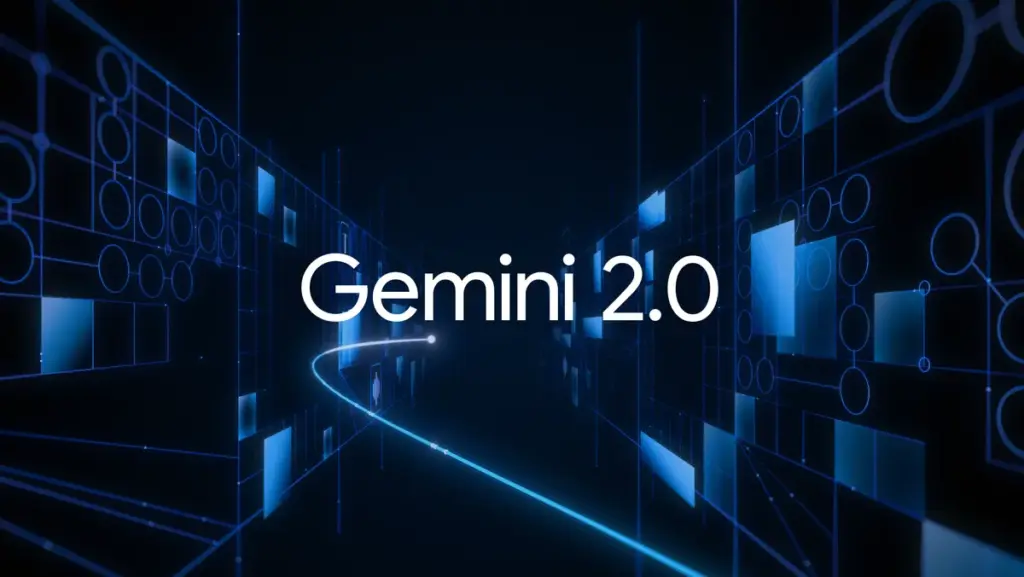Google is developing experimental AI agents for tasks like gaming support and conducting in-depth research, each with a unique focus.
DeepMind, the Google AI research center, has announced that its recently released artificial intelligence model, Gemini 2.0, will serve as the foundation for the development of more sophisticated AI agents.
In a blog post published on December 11, Demis Hassabis, CEO of Google DeepMind, and Koray Kavukcuoglu, chief technology officer, stated that an AI agent powered by Gemini 2.0, which was released on the same day, is capable of comprehending intricate instructions, planning, reasoning, and taking action across websites. Additionally, it can assist with video game strategy.
“The practical application of AI agents is a research area that is brimming with exciting potential,” stated Hassabis and Kavukcuoglu.
“We’re exploring this new frontier with a series of prototypes that can help people accomplish tasks and get things done.”
Hassabis and Kavukcuoglu assert that there are numerous experimental AI agents initiatives powered by Gemini, each of which is designed to serve a distinct purpose.
One such tool, Deep Research, enables users to investigate intricate subjects by formulating multistep research plans that involve conducting web searches and subsequently producing a comprehensive report on the results.
Project Astra, a universal AI assistant, is designed to assist users with routine duties, such as providing recommendations and advice based on prompts provided by the user.
For example, it may provide additional information about a landmark or instructions on how to wash clothes.
Project Mariner is dedicated to the development of an AI agent that is capable of controlling your Chrome browser, navigating websites, clicking icons, filling out forms, and moving the cursor.
The projects are currently in the early phases of development, according to Hassabis and Kavukcuoglu.
However, they aspire to make them “widely available in products in the future” after additional testing and development.
“It’s still early, but Project Mariner shows that it’s becoming technically possible to navigate within a browser, even though it’s not always accurate and slow to complete tasks today, which will improve rapidly over time.”
In the interim, Project Jules is being developed as a developer’s assistant that can be seamlessly integrated into a GitHub workflow and assist with duties such as planning and coding.
Hassabis and Kavukcuoglu also stated that they have developed agents for video games using Gemini 2.0. These agents are capable of providing real-time conversational suggestions to the player and searching the internet for a “wealth of gaming knowledge.”
“We are partnering with prominent game developers such as Supercell to investigate the functionality of these agents, evaluating their capacity to interpret rules and challenges in a wide variety of games, including farming simulators and strategy titles,” they stated.
Marc Benioff, the CEO of Salesforce, an American cloud computing software company, stated in November that autonomous agents are the future of AI, rather than large language models (LLMs).
On November 23, he stated on The Wall Street Journal’s “Future of Everything” podcast, “I believe we are currently approaching the upper limits of the LLMs.”
Additionally, Nvidia is emphasizing its readiness to anticipate the trend.
“We observe that the number of AI-native companies is continuing to increase.” In November, Nvidia CEO Jensen Huang stated during the company’s Q3 earnings call, “We are beginning to observe the enterprise adoption of agentic AI, which is the most recent trend.”
Furthermore, Hassabis and Kavukcuoglu have stated that the team is “experimenting with AI agents that can assist in the physical world” through robotics.
Google’s AI agents are currently being distributed exclusively to developers and evaluators.

